6 Unexpected Side Effects Of Holy Basil
The effects of its overindulgence may not be so pretty.
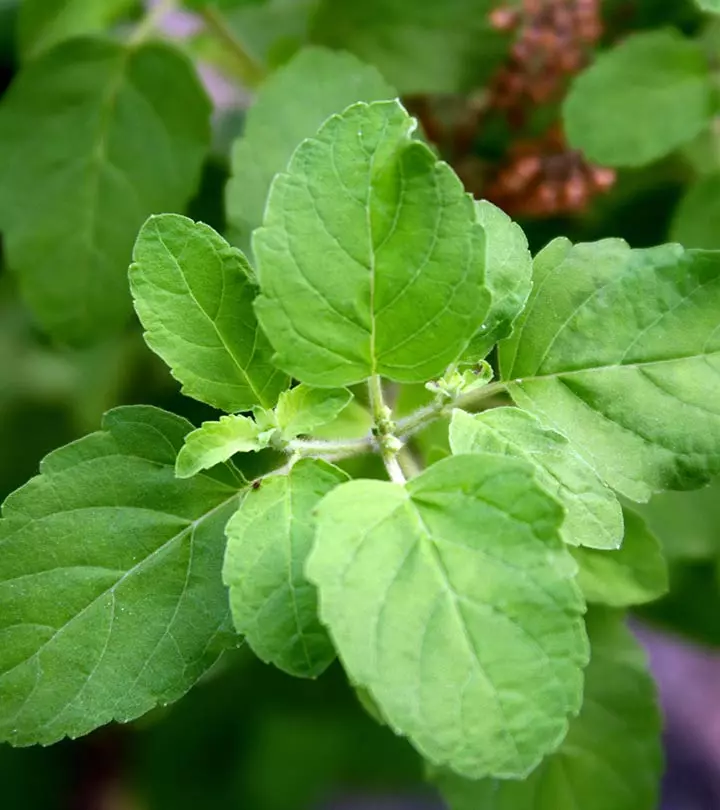
Image: Istock
Several side effects of tulsi may make you think twice before using it. Tulsi or holy basil has a reputation for being a magical cure-all herb. This is no surprise given the variety of benefits it offers.
Tulsi is widely used in many home remedies. Tulsi is regarded as a sacred plant in various cultures, especially India, and is frequently used in religious ceremonies. Its role in Ayurvedic medicine emphasizes its importance not just for health, but also for its cultural and spiritual significance. It is so well-known that even today, your elders might advise you to consume it for its health-promoting properties.
You can derive some amazing benefits from tulsi. Ayurveda recommends this herb for its health-boosting benefits. Tulsi, however, also has certain adverse effects you may have to deal with.
It could affect your fertility or affect the effectiveness of certain medications. As a result, you should understand tulsi’s potential side effects.
This article examines the side effects of tulsi, its safety, and any potential drug interactions. Read on.
 Know The Flip Side: Tulsi
Know The Flip Side: TulsiShort-Term Effects
Can cause rapid breathing, heartburn, nausea, diarrhea, dizziness, and bruising.
Long-Term Effects
Can cause liver toxicity, acute kidney injury, increased uterine contractions in pregnant persons, and complications during childbirth or menstruation.
Drug Interactions
Tulsi interferes with blood-thinning and diabetes medications and may reduce the effects of anti-anxiety and anticholinergic medicines.
When To See A Doctor
If you experience excessive or prolonged intervals of bleeding, hypoglycemia, coughing bloody mucus, and notice blood in the urine, seek immediate help.
In This Article
6 Top Holy Basil Side Effects
Let’s have a look at the unexpected side effects of Tulsi leaves:
1. Eugenol Overdose

What?
Eugenol is the primary constituent of Tulsi.
How?
It was found that excess consumption of Tulsi can lead to eugenol overdose (1). There is a possibility to consume too much of eugenol that might even lead to poisoning (2).
Eugenol is found in clove cigarettes and some food flavoring.
Symptoms?
Bleeding during coughs, rapid breathing and blood in urine.
 Did You Know?
Did You Know?2. Blood Thinning
What?
Tulsi has the property to thin the blood in our bodies. And hence it should not be taken along with other anti-clottingi A substance, property, or drug that slows down or prevents the process of clotting in the body. medications (3).
How?
People who already are taking blood-thinning medications like warfarin and heparin should restrict the consumption of Tulsi. Tulsi can intensify the blood thinning properties of the prescribed drugs and lead to more severe complications. It also can increase blood clotting time and inhibit platelet aggregation (4). It is not good for people who suffer from bleeding disorders.
Symptoms?
Bruising and/or prolonged periods of bleeding.
3. Hypoglycemia
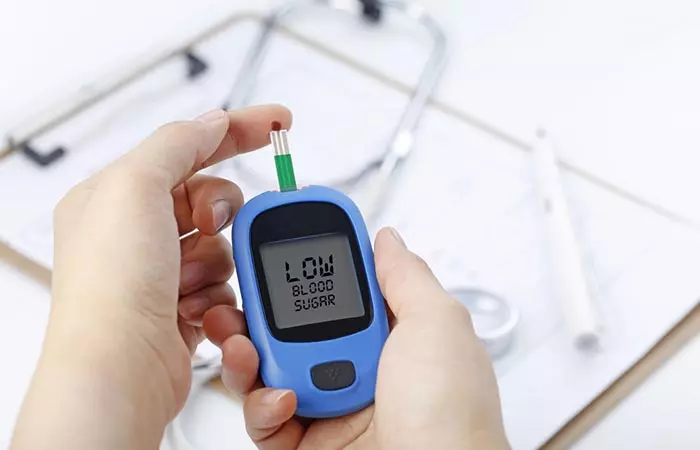
What?
Hypoglycemiai A condition when the blood sugar level is below the normal range and causes symptoms like anxiety and heart palpitations. is a condition of abnormally low blood sugar. Though it is not a disease, it can be a sign of health problem (5).
How?
Tulsi is taken by people with high blood sugar to lower their blood sugar levels. But if people who have diabetes or hypoglycemia and are under medication consume Tulsi, it might lead to excessive reduction in blood sugar. This is one of the most dangerous side effects of Tulsi that one should be aware of.
Symptoms?
Paleness, dizziness, hunger, weakness, irritability (6).
4. Might Impact Fertility

What?
Tulsi might cause infertility in males.
How?
Tests were conducted on male rabbits. The rabbits were divided into test and normal groups. Test group rabbits were two grams of Tulsi leaves for over a period of 30 days. A significant decrease in the sperm count of test group rabbits was noted (7).
5. Reactions In Pregnant Women

What?
Excessive consumption of Tulsi by pregnant women may have long term effects both on the mother and the baby. Tulsi might also trigger reactions in pregnant women.
How?
One of the holy basil side effects also include increase in uterine contractions in pregnant women (8). This side effect of Tulsi can lead to complications during childbirth or menstruation.
Symptoms?
Backache, cramps, diarrhea and bleeding (9).
Note: Please consult a certified healthcare provider before using tulsi for any health issue, particularly if you are pregnant, nursing, on medication, or have an underlying medical condition.
6. Drug Interactions

What?
Tulsi might interfere with the way our body processes certain drugs.
How?
This is done by using ‘cytochrome P450i Proteins found in animal and plant tissues that help in the formation of energy and metabolism of drugs. ’ – the liver’s enzyme system. As a result of this, the levels of drugs in the blood might increase or decrease.
Diazepam and scopolamine are two drugs which help reduce nausea, vomiting and nervousness, anxiety respectively. Tulsi might reduce the amnesic effect caused by these two drugs (4).
Symptoms?
Heartburn, light-headedness, headache and nausea.
 Quick Tip
Quick TipAny substance, however natural it is, has side effects. It might come as a cure for a certain disease. Or it might possess very good healing properties. But that doesn’t make it devoid from side effects.
Even though tulsi has numerous health benefits, it is important to address any negative effects with the right precautions and measures to ensure safe intake. Scroll down to learn more.
Remedial Measures And Precautions For Tulsi Side Effects
If you experience side effects from using tulsi, consider the following precautions and alternative remedies, such as:
- Reduce the amount of tulsi you eat, especially if you have low blood sugar, acid reflux, or nausea.
- Consuming tulsi with food may help lessen acidity or digestive irritation, so avoid eating it on an empty stomach.
- Immediately discontinue using tulsi if you notice any rashes, irritation, or respiratory discomfort.
- Tulsi may thin your blood, increasing your risk of bleeding, so limit your consumption during pregnancy and after surgery.
Key Takeaways
- Animal studies suggest holy basil may decrease sperm count.
- Pregnant women should avoid consuming Tulsi as it may lead to uterine contractions.
- Tulsi can negatively interact with medications like blood thinners and cause severe health damage.
- People with diabetes should practice caution while using holy basil as it may lower blood sugar levels.
Infographic: Top 3 Side Effects Of Holy Basil (Tulsi)
Tulsi is used to treat various infections, skin conditions, and other health conditions. But did you realize that it may have several adverse effects as well? Although it has been a staple of Ayurvedic and Chinese medicine for millennia, excessive use can have harmful side effects. See the infographic below to find out more about them. Illustration: StyleCraze Design Team
Tulsi is an aromatic herb commonly used in many home remedies for treating a variety of ailments. However, overconsumption can lead to a number of problems. The side effects of tulsi range from affecting fertility to possibly lowering blood sugar levels and liver damage. There is a possibility of eugenol poisoning where your urine and cough may contain blood. In some cases, tulsi may trigger allergic reactions or interfere with the functioning of certain medications, especially blood thinners, diazepam, and scopolamine. If possible, try to limit your intake or stay away from it entirely to avoid such complications.
Frequently Asked Questions
Can tulsi be taken daily?
Yes. It is safe to have 2-3 leaves of tulsi every day. However, excess consumption may prove to be harmful.
Is chewing tulsi harmful?
No. Scientific evidence does not support the claim that chewing tulsi can cause harm.
What precautions should one take before consuming tulsi to avoid any side effects?
You could start by consuming small amounts of tulsi every day, checking your blood sugar levels and for signs of any allergic reaction. Avoid consuming it before any surgery or if you are pregnant or lactating.
How much tulsi is too much?
There is no common consensus on which amount of tulsi would be considered to be too much. You can limit yourself to 1-2 tablespoons of the herb daily. Your health status also plays an important factor and hence speak with your healthcare provider to determine how much would be excessive for you.
Can we eat tulsi on an empty stomach?
Yes. According to anecdotal evidence, chewing a couple of tulsi leaves or having its tea on an empty stomach can help boost your overall well-being. Holy basil benefits include anti-inflammatory and hepatoprotective properties that may help fight cancer and protect the liver.
Can tulsi cause any hormonal imbalances?
Possibly. A study conducted on male albino rabbits showed that consumption of 2g fresh tulsi levels led to lowered levels of follicle-stimulating hormone and luteinizing hormone, and an increase in testosterone levels. It also reduced sperm count (7).
Can tulsi interact with alcohol or recreational drugs?
Possibly. There is a lack of studies on the interaction of tulsi herb with alcohol or other recreational drugs. However, since tulsi does have other notable herb-drug interactions, it is recommended to use caution.
Can tulsi affect the absorption of nutrients from other foods?
Yes, positively. A study showed that tulsi may boost digestion and enhance the absorption and use of nutrients obtained from other foods (4).
Illustration: Unexpected Holy Basil Side Effects You Never Heard
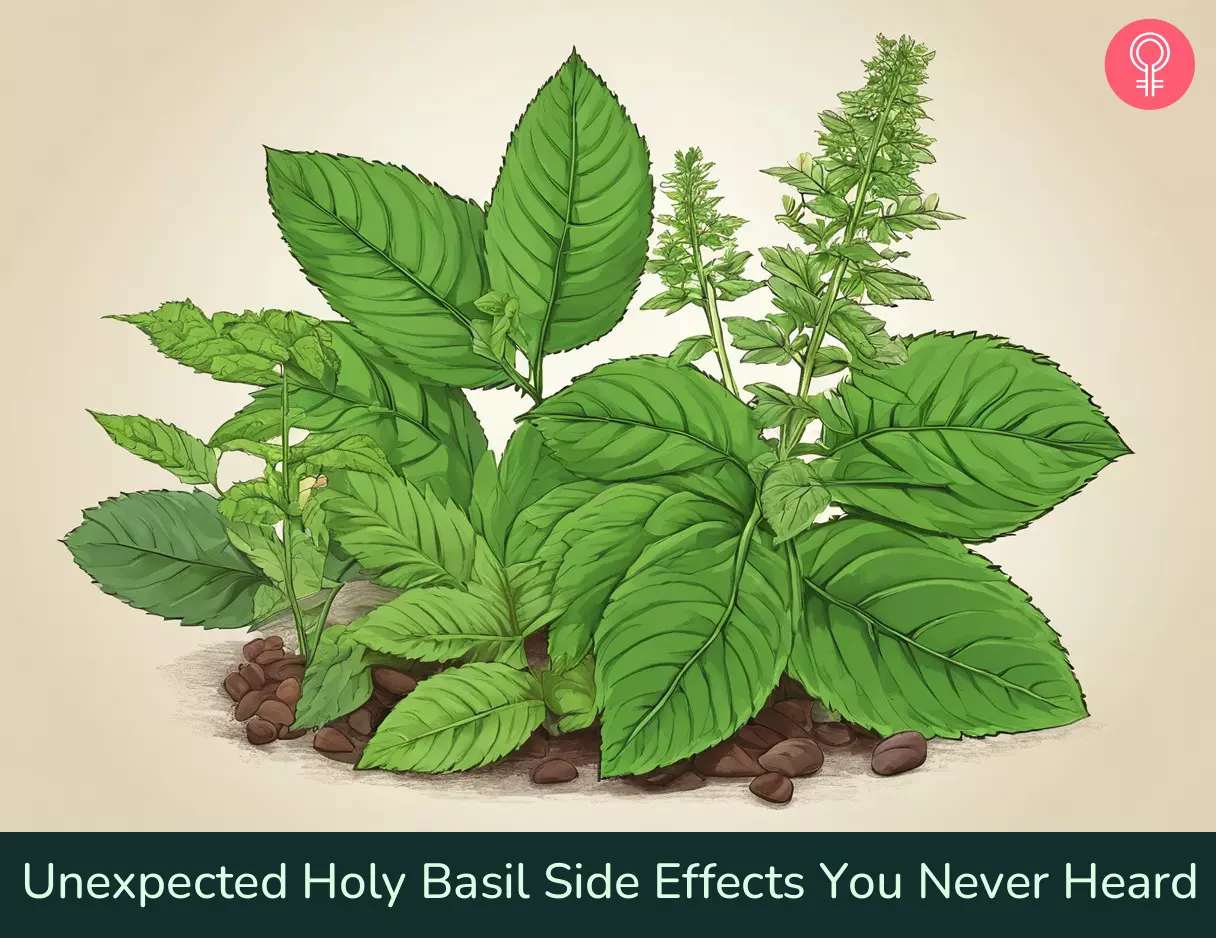
Image: Stable Diffusion/StyleCraze Design Team
Holy basil has many health benefits, but it can also have some side effects. Click on the video below to know about the potential risks and how to stay safe.
References
Articles on StyleCraze are backed by verified information from peer-reviewed and academic research papers, reputed organizations, research institutions, and medical associations to ensure accuracy and relevance. Read our editorial policy to learn more.
Articles on StyleCraze are backed by verified information from peer-reviewed and academic research papers, reputed organizations, research institutions, and medical associations to ensure accuracy and relevance. Read our editorial policy to learn more.
- Eugenol isolated from supercritical fluid extract of Ocimum sanctum: a potent inhibitor of DENV-2
https://pmc.ncbi.nlm.nih.gov/articles/PMC10545610/ - Essential oil poisoning: N-acetylcysteine for eugenol-induced hepatic failure and analysis of a national database
https://link.springer.com/article/10.1007/s00431-005-1692-1 - Vasorelaxant and anti-platelet aggregation effects of aqueous Ocimum basilicum extract
https://www.sciencedirect.com/science/article/abs/pii/S0378874109003316 - Ocimum sanctum Linn. A reservoir plant for therapeutic applications: An overview
https://pmc.ncbi.nlm.nih.gov/articles/PMC3249909/ - Hypoglycemia
https://www.ncbi.nlm.nih.gov/books/NBK534841/ - Hypoglycemia: The neglected complication
https://pmc.ncbi.nlm.nih.gov/articles/PMC3784865/ - Effect of tulsi (Ocimum Sanctum Linn.) on sperm count and reproductive hormones in male albino rabbits
https://pmc.ncbi.nlm.nih.gov/articles/PMC3059441/ - Antiproliferative Activity of (-)-Rabdosiin Isolated from Ocimum sanctum L.
https://pmc.ncbi.nlm.nih.gov/articles/PMC6473744/ - Warning symptoms
uterine contractions - Eugenol (Clove Oil)
https://www.ncbi.nlm.nih.gov/books/NBK551727/
Read full bio of Mary-Walker Hall
Read full bio of Ravi Teja Tadimalla
Read full bio of Arshiya Syeda
Read full bio of Aparna Mallampalli






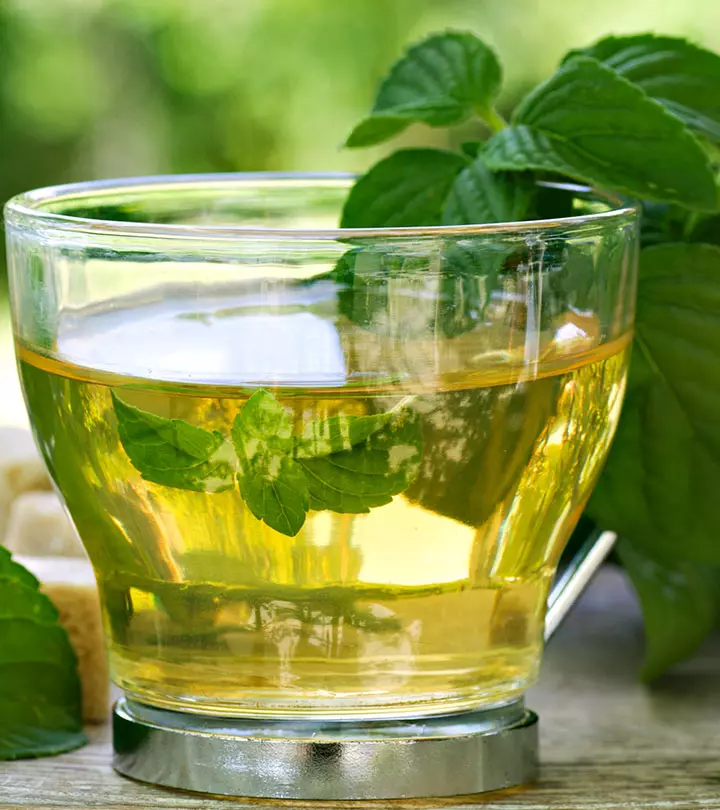

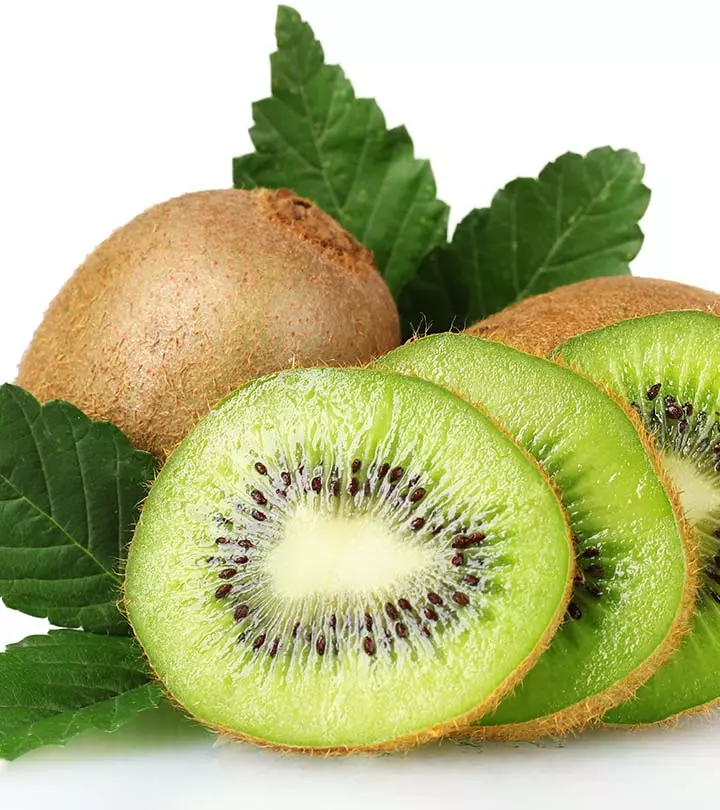
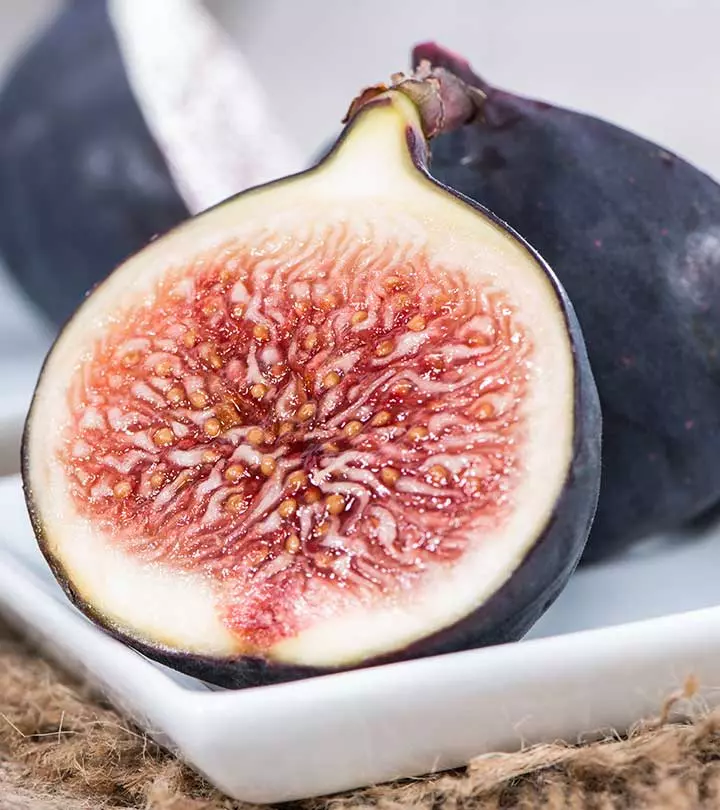

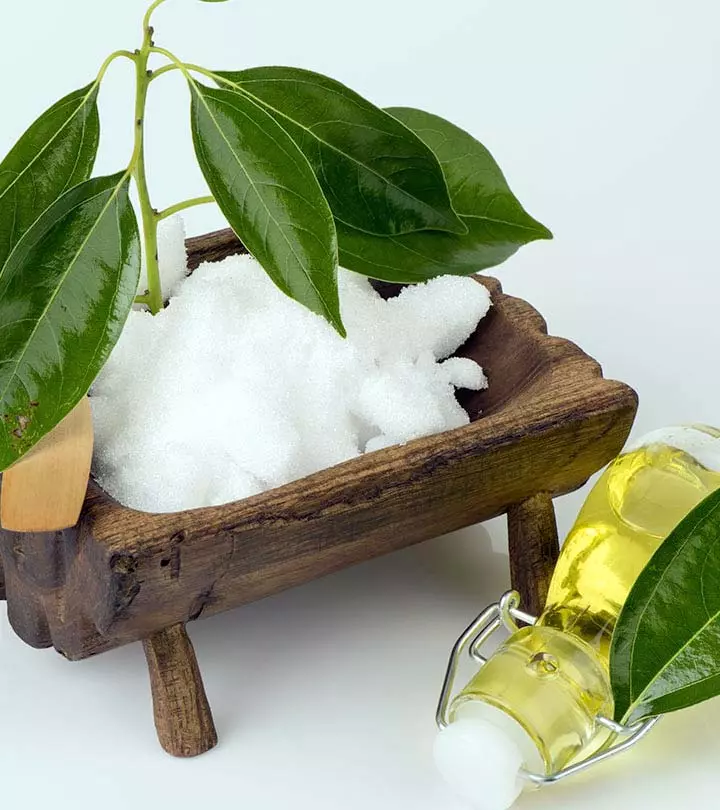

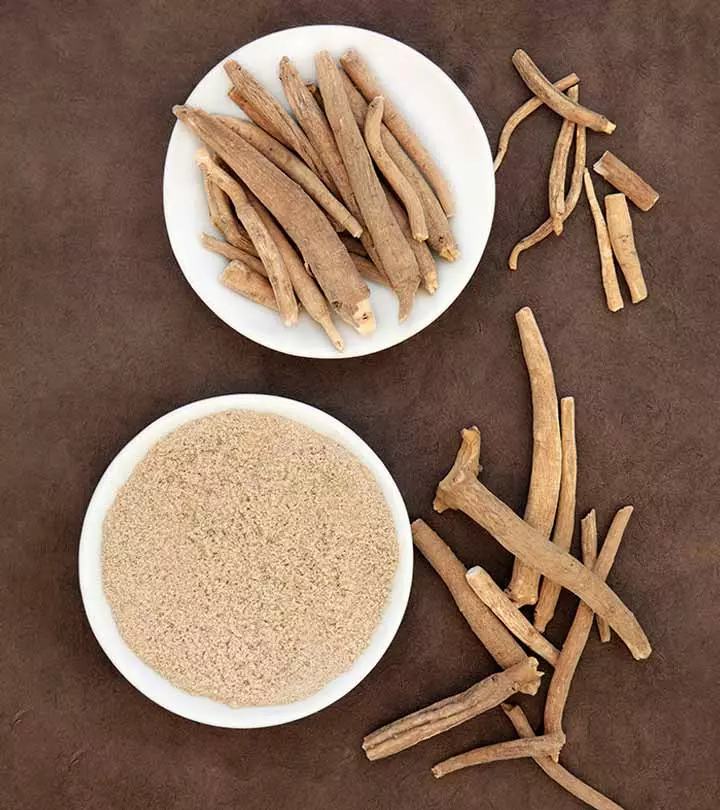
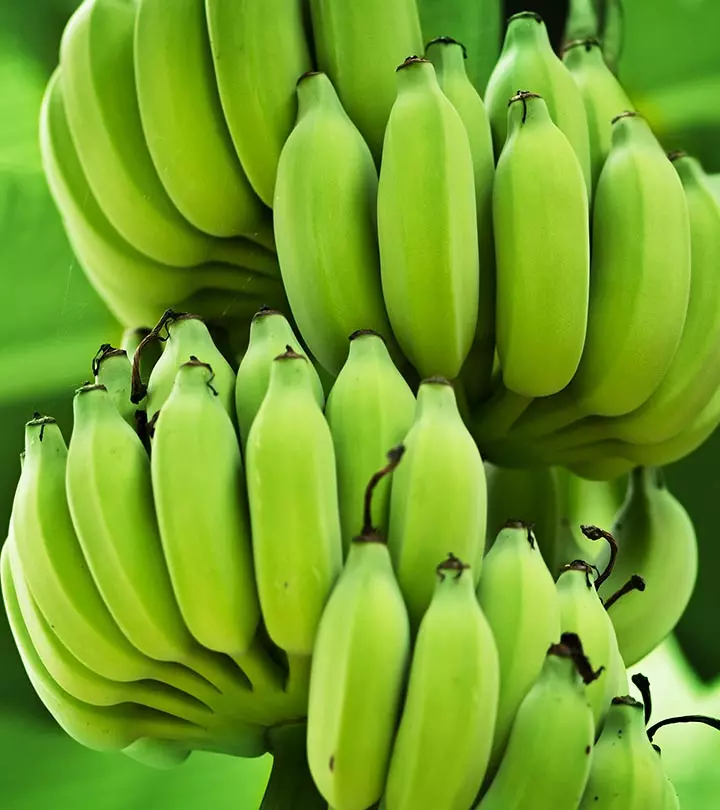

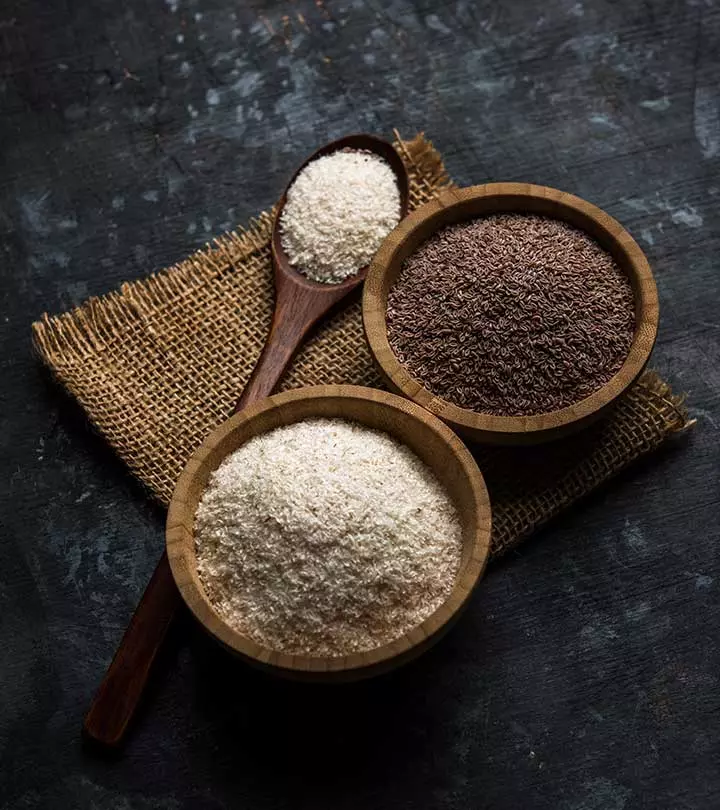


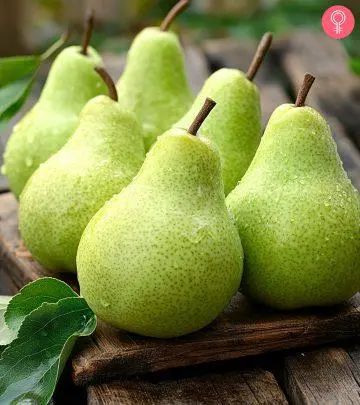
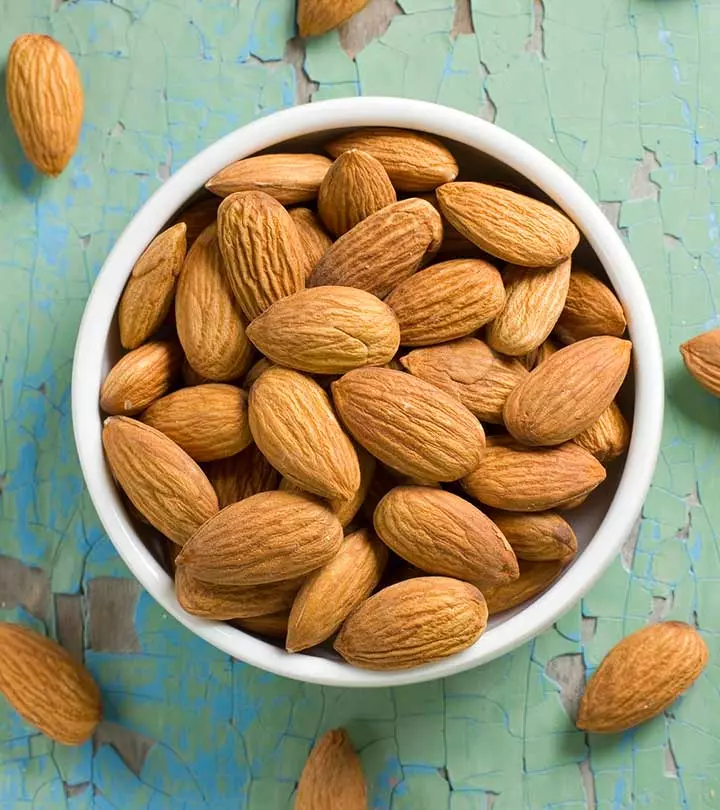
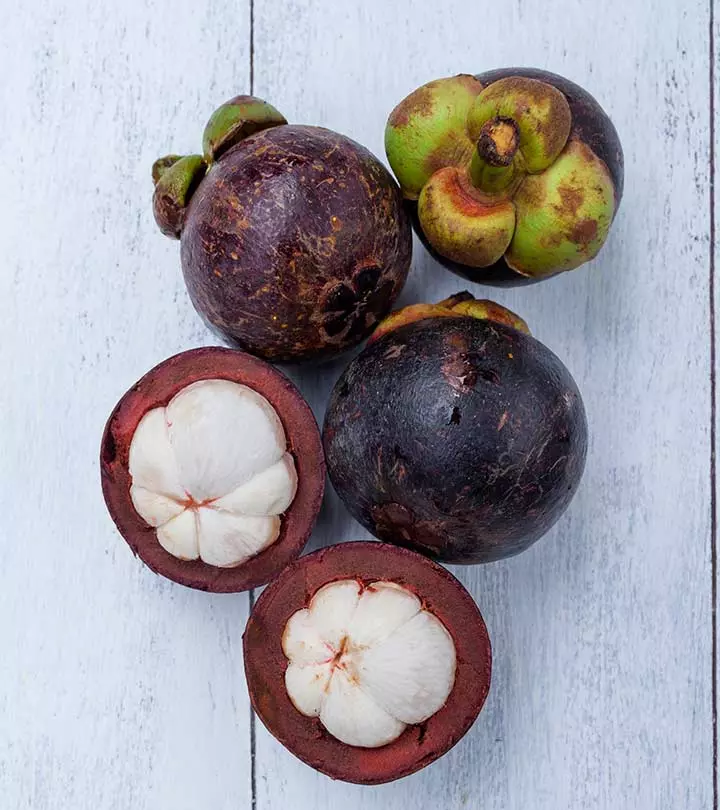
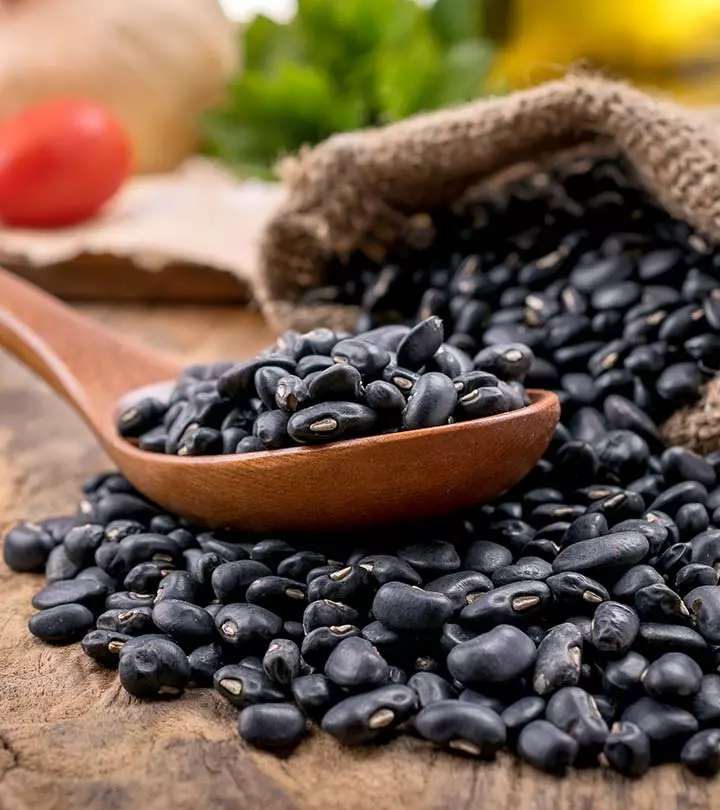
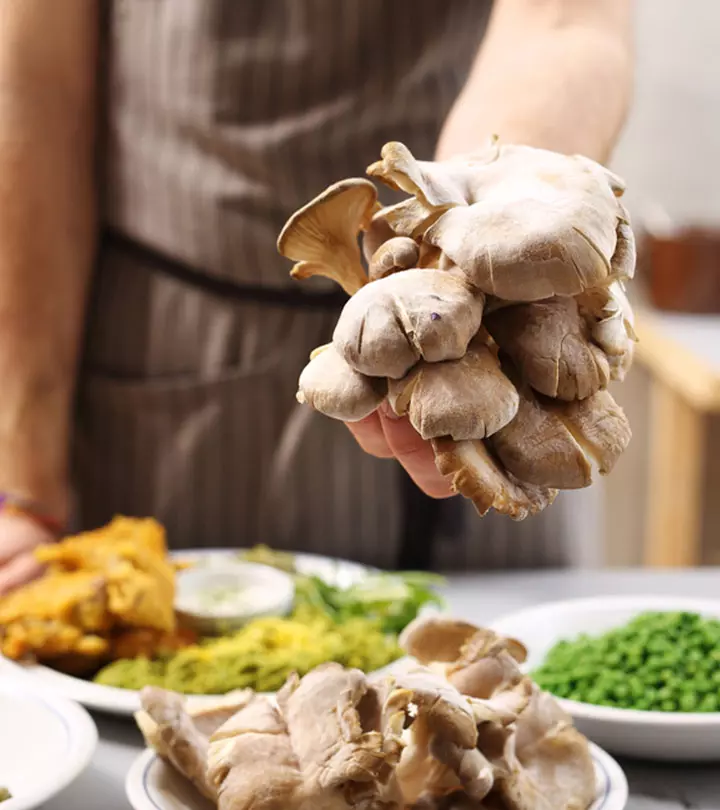

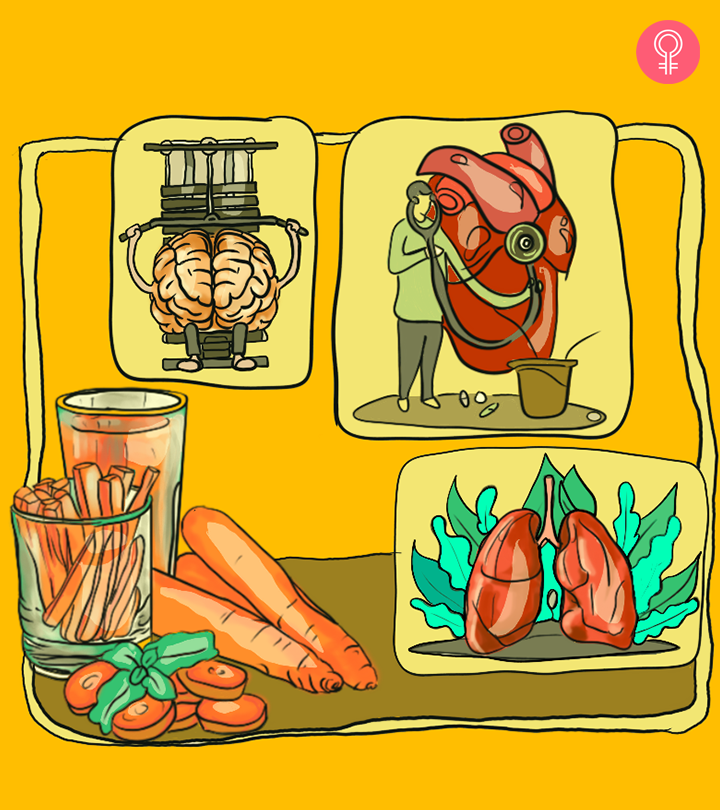
Community Experiences
Join the conversation and become a part of our empowering community! Share your stories, experiences, and insights to connect with other beauty, lifestyle, and health enthusiasts.